
BRI Deal Should Be Transparent, Says US Official Donald Lu Amid Nepal-China Agreement Debate
Amid ongoing debates over Nepal’s recent agreement with China on a framework for Belt and Road Initiative (BRI) cooperation, visiting US Assistant Secretary of State for South and Central Asian Affairs Donald Lu has emphasized the importance of transparency in the deal.
Speaking to journalists before concluding his two-day visit to Nepal, Lu stated that the United States would withhold detailed comments on the agreement until its full text is publicly available.
During Prime Minister KP Sharma Oli’s recent visit to China, Nepal and China signed a new framework to advance projects under the BRI. The agreement includes provisions for “aid assistance financing,” a term encompassing both grants and soft loans. This has sparked concerns among some political parties, including the Nepali Congress, about a potential shift in Nepal’s funding preferences under the initiative.
Lu underscored the significance of independent decision-making and transparency in agreements, saying, “We believe in taking independent decisions while maintaining transparency.” He refrained from making further remarks on the BRI deal, stating, “We have not seen the text yet, but it should be transparent.”
Lu’s visit, part of a South Asia tour at the close of the Biden administration, included meetings with Nepali Congress President Sher Bahadur Deuba, Deputy Prime Minister and Finance Minister Bishnu Poudel, and other senior leaders and officials. Discussions focused on bilateral cooperation, ongoing US-funded projects, transitional justice, climate change, and regional issues.
Lu congratulated Nepal’s government officials, including Bishnu Rimal and Yubraj Khatiwada, for successfully negotiating the new BRI framework. Both officials played key roles in reviewing and amending the BRI implementation plan initially proposed by China in 2020.
In meetings with Nepali leaders, Lu also addressed the progress of US-funded initiatives such as the Millennium Challenge Corporation (MCC) compact, which focuses on road infrastructure, clean energy exports to India, and job creation.
When questioned about Nepal’s stance on the “one-China principle” and recent expressions of support for Taiwan’s reunification with China, Lu emphasized mutual respect and sovereignty in international relations. “Nepal should maintain good relations with all countries, but it must be based on mutual respect and independence,” he stated.
Lu expressed optimism about bipartisan consensus in Nepal on key issues, including the transitional justice process and MCC projects. “It is impressive to see the transitional justice bill adopted by consensus,” he noted.
During his visit, Lu joined the International Centre for Integrated Mountain Development (ICIMOD) in launching the “Green Alliance for Women’s Economic Security” project, aimed at supporting women entrepreneurs across the Hindu Kush Himalaya region. The initiative seeks to address challenges such as gender discrimination, market access, and financial barriers.
He also voiced support for ongoing climate initiatives and expressed hope that the incoming Trump administration would continue prioritizing climate action, despite Trump’s past skepticism on the issue.
Lu concluded his visit by reaffirming US commitment to Nepal’s development and sovereignty, highlighting the importance of a strong and self-reliant Nepal in the region.
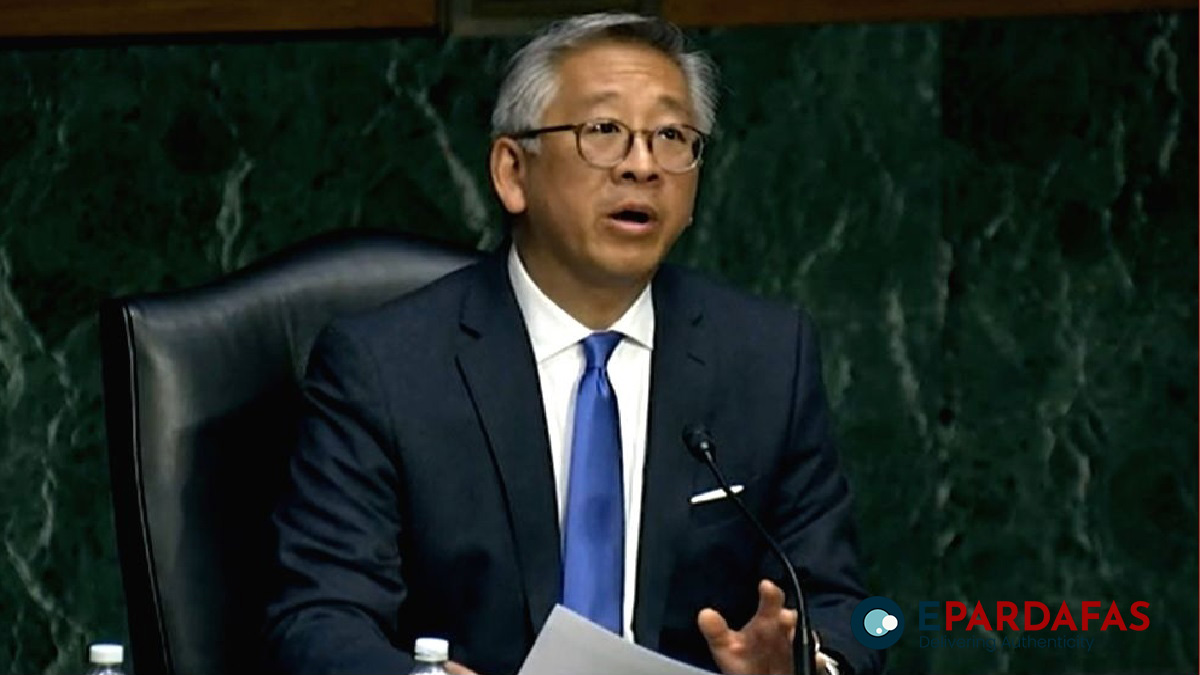
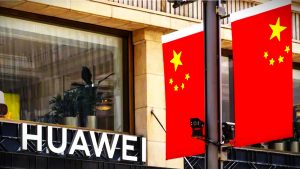


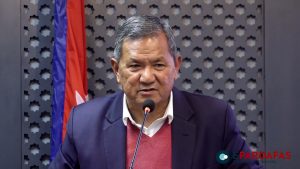

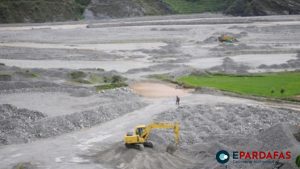
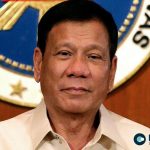





Comments